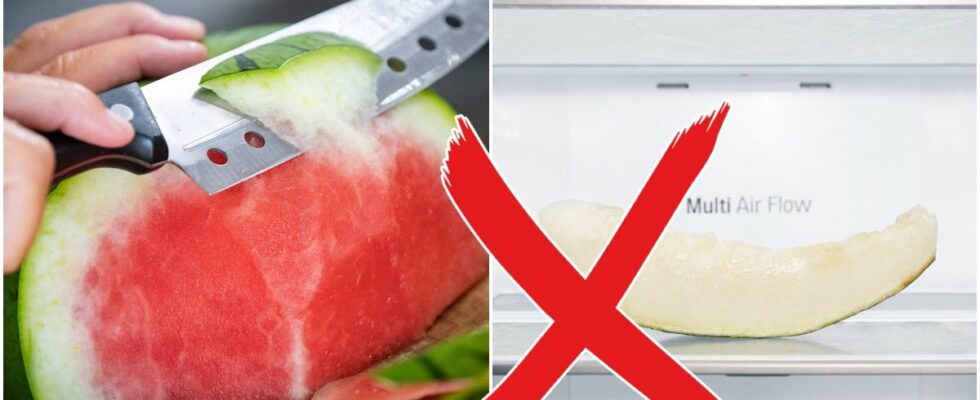Everyone needs food to get through everyday life. Feeling good and staying healthy for life, while the planet is also doing well, is something that more and more people care about.
According to the Swedish Food Agency, a varied diet consisting of plant-based, meat, fish and dairy products is recommended.
But eating food that makes us energetic and healthy is also a challenge, even if we are not always aware of it.
READ MORE: Here is the vegetable you should eat to maximize your nutrient intake
This is how listeria can spread in your refrigerator
That listeria can form in food is not news, but the fact is that you can reduce the risk of the bacteria taking hold in your diet in several ways, and thus also reduce the risk of getting sick.
Listeria, or listeria monocytogenes, is a bacterium that can cause serious illness in people with compromised immune systems, older people who are generally more fragile, and pregnant women. According to the Swedish Food Agency, the bacterium is widely distributed in nature and is thus also found on food we buy in the store. If it takes hold, it is difficult to get rid of it, for example on kitchen utensils, equipment or food.
However, listeria multiplies more slowly the colder it is. However, if you have food in the refrigerator with a long shelf life, the risk that the bacteria will have time to multiply to levels that can harm you or others in your environment increases.
The people who are in the risk group for listeria can, in the worst case scenario, suffer from blood poisoning or meningitis. The body then develops listeriosis, a very serious disease that has a mortality rate of between 20 and 30 percent. Some of the symptoms a person infected with listeriosis suffers from are stomach and intestinal problems, diarrhea and vomiting.
DON’T MISS: 10 vegetables that are easy to grow – simple tricks for success in the country
Listeria monocytogenes bacteria. Photo: Elizabeth White/TTYou have to do that with the cucumber
A common food item that most of us have in the fridge at some point is cucumber. Nyheter24 recently wrote that those who harvest their own cucumber should be careful when it comes to listeria.
Those who use, for example, harvested cucumber to make their own pickling for longer durability and storage should be careful with the heating of the layers. If you use oil, it must be heated to at least 100 degrees for 15 minutes before putting the cucumber in and storing it in the refrigerator. After that, it should be eaten within a couple of days.
READ MORE: Do you eat your cucumber like this? Then it could be a death trap
Photo: Johan Nilsson/TTThen can melon give you listeria
In addition to just cucumbers, there are several other foods you should be careful about storing in the fridge for too long. Everything from cooked and smoked ham, medwurst and turkey to pâté, fish and cheese should be eaten within a couple of days of opening the package.
And while listeria outbreaks are rare, they do happen. A common item that often, especially during the warm months of the year, can end up in the fridge is melon.
The Swedish Food Agency signs its homepage that there have recently been outbreaks of listeriosis in Europe, the USA and Australia from, among other things, cantaloupe melons.
Melons of sweet varieties are especially favorable for the bacteria to thrive in. The flesh can be contaminated from the peel, where the bacteria attaches, and the fruit splits. The reason is that melon does not have a sufficiently low pH value to slow down any proliferation of listeria.
With that in mind, you should therefore not store cut melon in the refrigerator for more than a few days. Otherwise, there is a risk, if the shell is contaminated, that harmful levels of listeria occur and you then ingest it when you eat.
READ MORE: Therefore, you should water the tomatoes with urine
Photo: Ed Andrieski/TT
